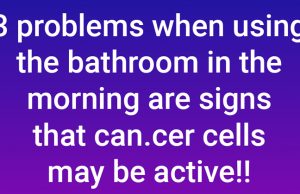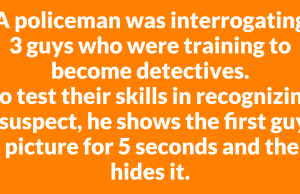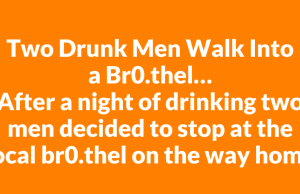
A heart attack can strike suddenly, often without warning, and every second that passes is crucial.
Many people panic or don’t know what to do when symptoms begin — but staying calm and acting quickly can make the difference between life and death.
Here are three vital techniques that could save your life while waiting for help to arrive.
1. Call Emergency Services Immediately
The first and most important step is to call emergency services (such as 911 or your local emergency number). Do not try to drive yourself to the hospital. Paramedics can start life-saving treatment on the way and ensure you get to the right facility as fast as possible.
Tip: Keep your phone nearby and have emergency contacts easily accessible.
2. Stay Calm and Sit or Lie Down
Exerting yourself can worsen the damage to your heart. Sit or lie down in a comfortable position to help reduce the strain. Try to stay as calm as possible, taking slow, deep breaths. Panic increases your heart rate, which can make the situation more dangerous.
3. Chew (Don’t Swallow Whole) an Aspirin
If you have aspirin available and are not allergic, chew one standard tablet (usually 325 mg). Chewing helps it enter your bloodstream faster, which can reduce blood clotting and improve blood flow to your heart. Only do this if you’re conscious and able to swallow safely.
Important Note

Ignore viral advice about “cough CPR” — forcing yourself to cough repeatedly will not restart your heart and can be harmful without medical supervision. Always rely on verified first-aid procedures and seek emergency medical help immediately.
Recognizing the Warning Signs
Heart attack symptoms can vary, but the most common include:
Chest pain or pressure lasting more than a few minutes
Pain radiating to the arm, neck, jaw, or back
Shortness of breath
Nausea, cold sweat, or lightheadedness
If you or someone near you experiences these symptoms, act fast — early action saves lives.



















